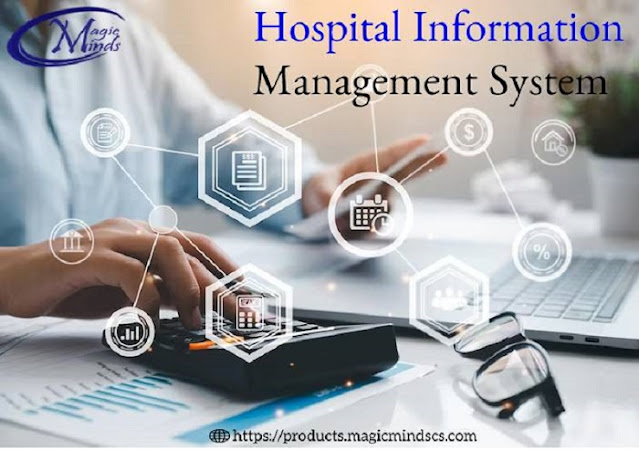Streamlining Libraries: The Power of Library Management System Software
In today's digital age, libraries are evolving to meet the changing needs of patrons. A key aspect of this evolution is the implementation of robust Library Management System (LMS) software. This blog post explores the benefits and functionality of LMS software, focusing on its powerful database management capabilities.
Understanding Library Management System Software:
Library
Management System Software is a comprehensive solution that
simplifies and automates various library operations. It serves as a centralized
hub for managing books, patrons, staff, and other essential resources. The
software enhances efficiency, improves user experience, and provides valuable
insights for library administrators.
Key
Features of Library Management Software:
Database Management: The heart of any LMS
software is its database, which efficiently organizes and stores information
about books, borrowers, staff, and more. This centralized database enables
quick and accurate search capabilities, ensuring seamless access to library
resources.
Cataloging and Classification: LMS software
allows librarians to categorize books using standard cataloging systems like
Dewey Decimal or Library of Congress. This ensures consistent organization and
easier retrieval of books for patrons.
Circulation Management: Streamlining book
borrowing and return processes is a crucial feature of LMS software. It
automates tasks such as issuing library cards, tracking due dates, managing
fines, and generating reports.
Online Public Access Catalog (OPAC): LMS
software enables users to search for books, check availability, place holds,
and renew items online. This enhances user convenience and accessibility,
promoting a more engaging library experience.
Reporting and Analytics: LMS software generates comprehensive reports and analytics on
various aspects of library operations, such as circulation statistics,
inventory management, and user behavior. These insights help in making
data-driven decisions to improve library services.
The
Benefits of Library Management System Software:
Enhanced Efficiency: LMS software automates
manual tasks, freeing up staff time for more productive activities. It
simplifies book acquisition, cataloging, circulation, and inventory management processes, leading to smoother library operations.
Improved User Experience: With LMS software,
patrons can easily search for books, access digital resources, and interact
with the library online. The software facilitates self-service options,
reducing queues and wait times, thus increasing user satisfaction.
Streamlined Resource Management: LMS software
provides real-time visibility into the availability and location of books and
other resources. This minimizes the risk of misplacements and ensures optimal
utilization of library materials.
Data-Driven Decision Making: By analyzing
reports and analytics generated by LMS
software, libraries gain valuable insights into user preferences, popular
book genres, and circulation patterns. This data enables informed decisions
about resource allocation and collection development.
Scalability and Integration: LMS software can
accommodate libraries of varying sizes, from small community libraries to large
academic institutions. It also integrates with other systems such as Learning
Management Systems (LMS) or digital content providers, further expanding its
functionality.
Read More:- Pharmacy Management System: Benefits, Features, and Providers of Pharmacy Software
Implementing
a Library Management System Project:
A successful LMS implementation requires careful
planning and collaboration between library staff and software vendors. Key
steps include identifying requirements, selecting suitable software, data
migration, staff training, and ongoing support and maintenance.
Conclusion:
Library
Management System Software has revolutionized the way libraries
function, offering numerous benefits such as streamlined operations, enhanced
user experience, and data-driven decision making. Investing in a robust LMS
software with a powerful database management system is an essential step
towards modernizing libraries and meeting the evolving needs of patrons in the
digital era.

.jpg)


Comments
Post a Comment